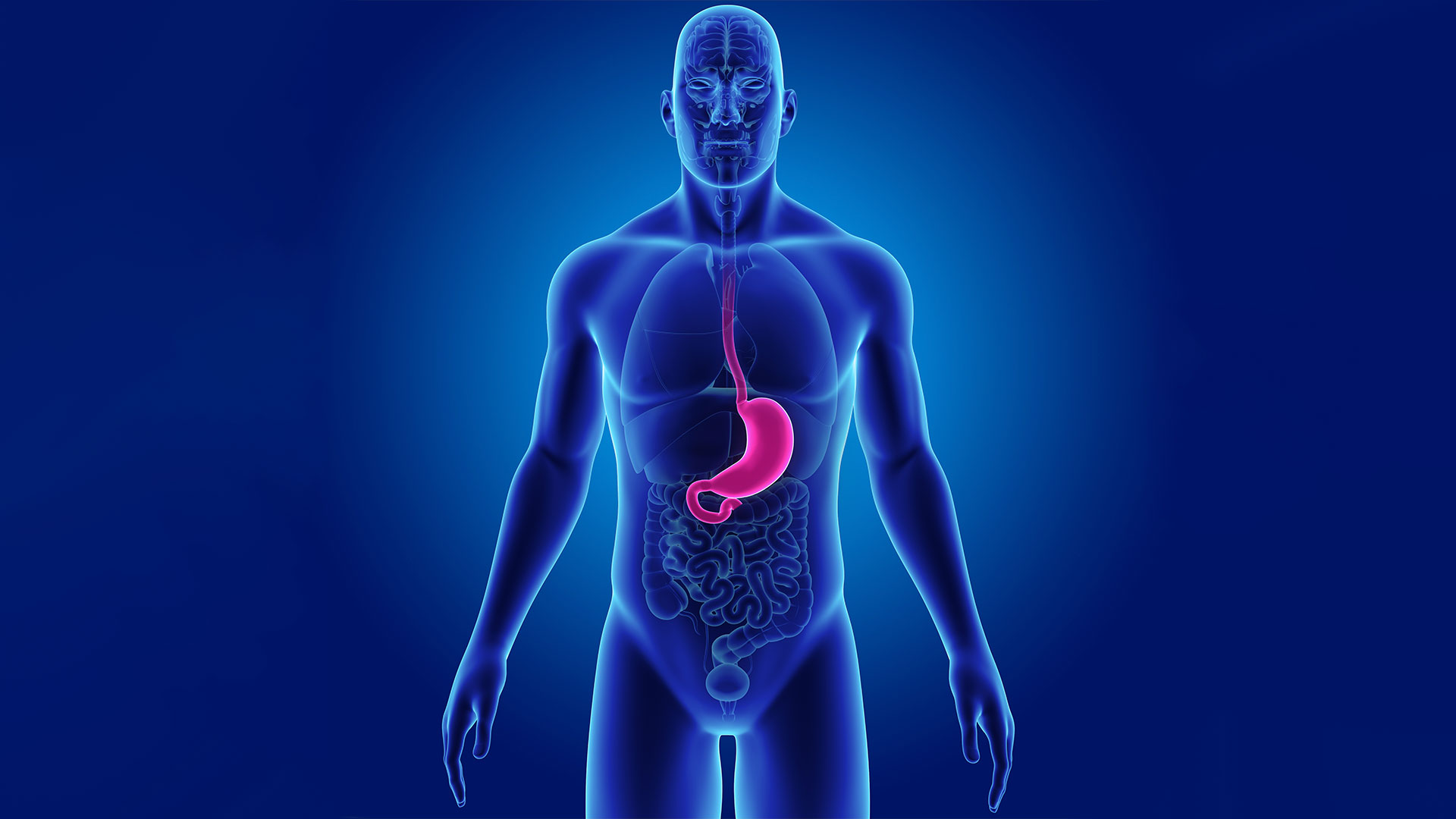Gastric botox has become a great research resource for those who complain about weight problems and those who want to have it done. So what is this surgery? With all the details…
What is Gastric Botox?
The application of botulinum toxin (botox) to the stomach is a relatively new method of weight loss based on the endoscopic method of injecting Botulinum toxin into specific areas of the stomach. In this method, the contraction of the stomach muscles is limited and the gastric emptying time is delayed and the patient loses his appetite.
Who Is Gastric Botox Suitable For?
Anyone who wants to lose weight can benefit from botox injections. This is not a surgical operation. However, choosing the right patient is very important. Surgery candidates with a BMI over 40 should know that stomach botox has failed. Currently, the most outstanding candidates for weight loss surgery are patients who are overweight but not dangerously obese and want to lose weight. Stomach botox can be used after proper treatment of stomach ulcer or gastritis.
Are There Any Side Effects of Gastric Botox?
It has no known side effects. Since endoscopic botox injection is a standard procedure, no significant side effects were observed. People with muscle disease or botox allergy should avoid the procedure.
Is Gastric Botox Helpful for Weight Loss?
It is unfair to see Gastric botox as a miraculous treatment. There is no perfect method to lose weight, not even stomach botox. Although stomach botox is known to reduce appetite and aid weight loss, patients are given a high-carb diet after botox injections are in danger of not losing weight as desired.
How Long Does Stomach Botox Take?
Botox injections for the stomach are not a surgical treatment. Endoscopic surgery is done entirely orally. No slashes. The process takes an average of 20 minutes to complete. An anesthesiologist is present throughout therapy to help patients fall asleep. Admission to the hospital is not required. Following a procedure, it is normal that only a few hours of observation are required.
Does Gastric Botox Cause Permanent Damage?
The chemical used in Gastric botox is expected to lose all its effects in the body after 4-6 months. As a result, there can be no long-term effects.
Any Problems With Lazy Guts?
This application is made only to the smooth muscles of the abdomen; does not affect nerve cells or intestinal motility. As a result, it has little effect on how slow the bowels are. In the diet that will be specially developed for you after the procedure (notify your dietitian about this), an improvement in intestinal laziness can be observed by including the nutrients that are important for the functioning of the intestines.
Is Botox Distributed In The Body?
It was discovered that there were no signs of systemic disintegration after the botox procedure, and that the local nerve conduction was completely blocked and delayed hunger.
What are the Benefits of Gastric Botox Application?
Patients can expect to lose 10 to 15% of their initial weight in three to six months. The amount of weight lost may vary depending on age, metabolic rate and frequency of activity.
Considerations After Gastric Botox
Fast food and sodas are often dangerous to your health. Patients who had Botox injections reported that they ate later, felt fuller with fewer portions, and finished their meals earlier.
What Is The Difference From Gastric Balloon?
A few endoscopic weight loss treatments use the gastric balloon. Endoscopy is necessary when the volume of the gastric balloon is adjusted to the patient. A single gastric botox surgery treatment for up to three months can significantly reduce appetite. It rarely causes nausea due to the presence of a foreign body in the stomach. Many people describe their wish suddenly reopening when the gastric balloon is removed. Since the effects of gastric botox take time to pass, it does not cause a sudden increase in appetite.

